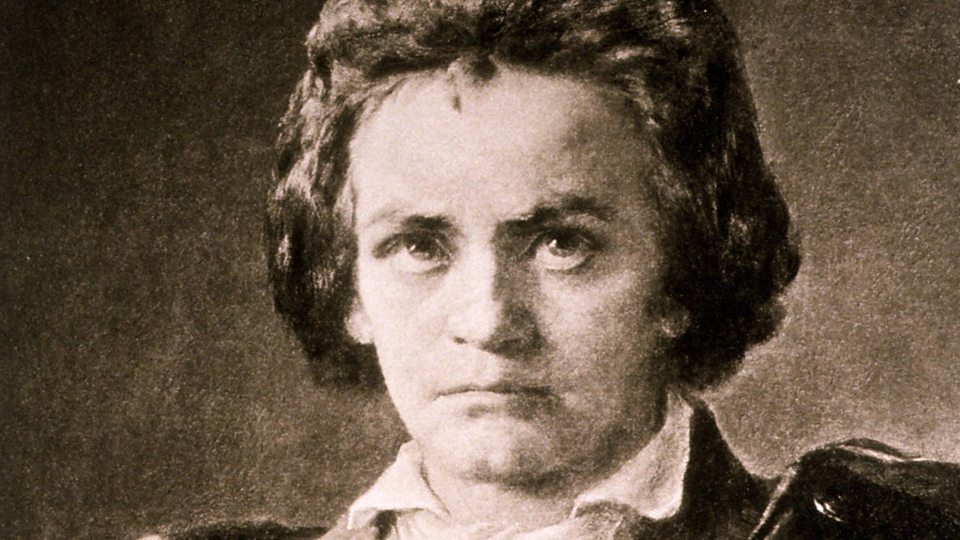Review of Tara Smith’s *Ayn Rand’s Normative Ethics* — audio version
In 2006, Professor Smith published Ayn Rand’s Normative Ethics: The Virtuous Egoist (Cambridge University Press). In 2007, I reviewed it for the journal Philosophy in Review. Here is an audio version in MP3 format or at YouTube. Eight minutes: And here is a PDF version. Related: My review of David Kelley’s The Evidence of the […]
Review of Tara Smith’s *Ayn Rand’s Normative Ethics* — audio version Read More »
